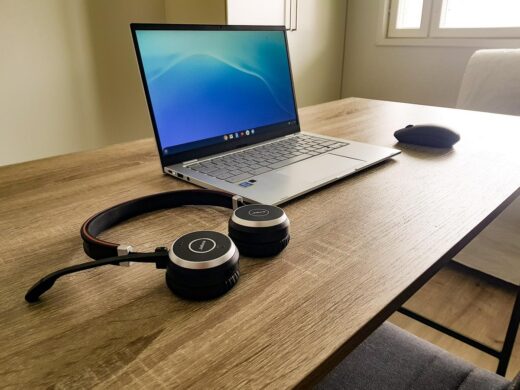DBS Checks when hiring remote teams advice, Company worker tips, Employee hiring guide
DBS Checks when hiring remote teams – What do you need to know?
23 June 2022
DBS checks, the most common kind of criminal background check in the UK, are required for a number of roles in a wide variety of industries.
As an increasing portion of the workforce starts to work in a remote capacity, many people are wondering what role DBS checks play in jobs where an employee’s physical presence is not required at the workplace.
It turns out that DBS checks may still be a lot more important than you think in these cases, so we’ve compiled some useful information alongside the Personnel Checks team surrounding the hiring of remote teams and the ongoing need for background checks.
What are DBS checks?
First off, a quick introduction on what the checks actually are. DBS checks are a kind of criminal background check, carried out by the disclosure and barring service (DBS,) a non-departmental government body. There are three main checks:
- Basic: the basic check only looks for unspent criminal convictions, warnings and reprimands. It can be requested for any role, including any remote roles – it can provide a little peace of mind that your employees are who they say they are, without an in-depth check on their criminal history.
- Standard check: the standard check shows both unspent and spent criminal convictions, warnings and reprimands. It can only be requested by authorised bodies, and is a common requirement in professions with a high professional standard, such as accountancy and law. In both of these professions, it might be suitable to request a standard DBS check for remote teams.
- Enhanced check: the enhanced check is the most in-depth check that you can have carried out. It covers the same information as the standard check, but will also include any information that the local police department considers relevant to the position being applied for.
The enhanced check is generally for people who have direct, unsupervised contact with vulnerable individuals. As a result, it’s unlikely that remote teams would need to pass one. However, if the remote professionals were in close contact with vulnerable individuals via phone or video call, it’s possible that they might need one.
Remote or in-person
While remote and in-person work are viewed quite differently, often, the legal difference between the two is non-existent. In either capacity, an employee can have access to sensitive information and personal data that you wouldn’t want criminals to have control of. This is perhaps especially the case with professions such as accountancy, law, and tutoring.
In this respect, there is very little difference between remote and in-person teams when it comes to carrying out DBS checks. If it would be suitable, or even a legal requirement, for someone to pass a DBS check for an in-person role, it’s likely the case that they would also be required to pass one for that same role just in a remote capacity.
Article sources:
https://www.gov.uk/dbs-update-service
https://www.gov.uk/government/publications/dbs-home-based-positions-guide
https://www.personnelchecks.co.uk/dbs-checks
Comments on this DBS Checks when hiring remote teams advice article are welcome.
Recent Architectural Articles
Recently added Building posts
Can computers replace architects?
Mackintosh Building Glasgow School of Art
Building Articles
Comments / photos for the DBS Checks when hiring remote teams page welcome






